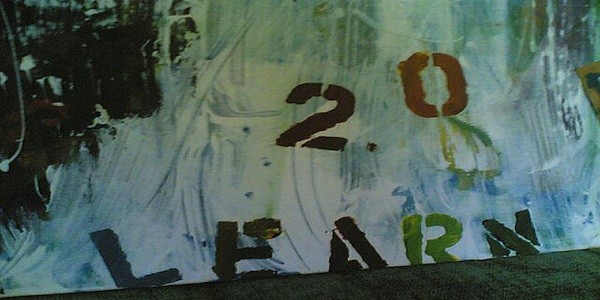dmlcentral.net
Crowdsourcing Scholarship
A few weeks ago, just before the 2010 THATCAMP, a well-known technology and humanities “unconference,” got underway at the Center for History and New Media at George Mason University, the center’s director, Dan Cohen, and his colleague and co-director, Tom Scheinfeldt, made a radical proposal. In a blog posting called “One Week, One Book: Hacking the Academy," Cohen proposed that conference participants and others following the discussion on Twitter and in the academic blogosphere should assemble a book about digital media and higher education. The mandate was to do the project quickly – in only one week by “crowd sourcing” content – and to create a publishable work that could be mass produced by an established academic publisher while also remaining on the Web in open access form.… more
A professor with unconventional methods, message
Digital media and learning initiatives often talk in utopian terms about a “future without books,” but don’t say that to New School faculty member Trebor Scholz. Scholz, who teaches in the Department of Culture and Media, has had great success with making a book the final project turned in by students at the end of his new media courses. Instead of merely offering a traditional final exam, he asks students to submit print-on-demand publications that consist of at least 10,000 words and display real production values, even in large lecture classes.… more
The DML Field: Listening to Critical Voices
Often the emphasis in Digital Media and Learning is on K-12 education, and so social computing practices in higher education frequently receive less attention from researchers. A recently released five-year Mellon Foundation study on "Assessing the Future Landscape of Scholarly Communication," analyzed data from 160 interviewees in seven academic fields (and included data from an additional five disciplines from the research planning phase). The work spanned 45, mostly elite, research institutions, and ultimately concluded that not much has changed in faculty attitudes about where, and in what media, they publish scholarly articles and books, despite the perceptions of other instructional technologists that there have been radical transformations in digital reading and writing practices in the general population.… more


